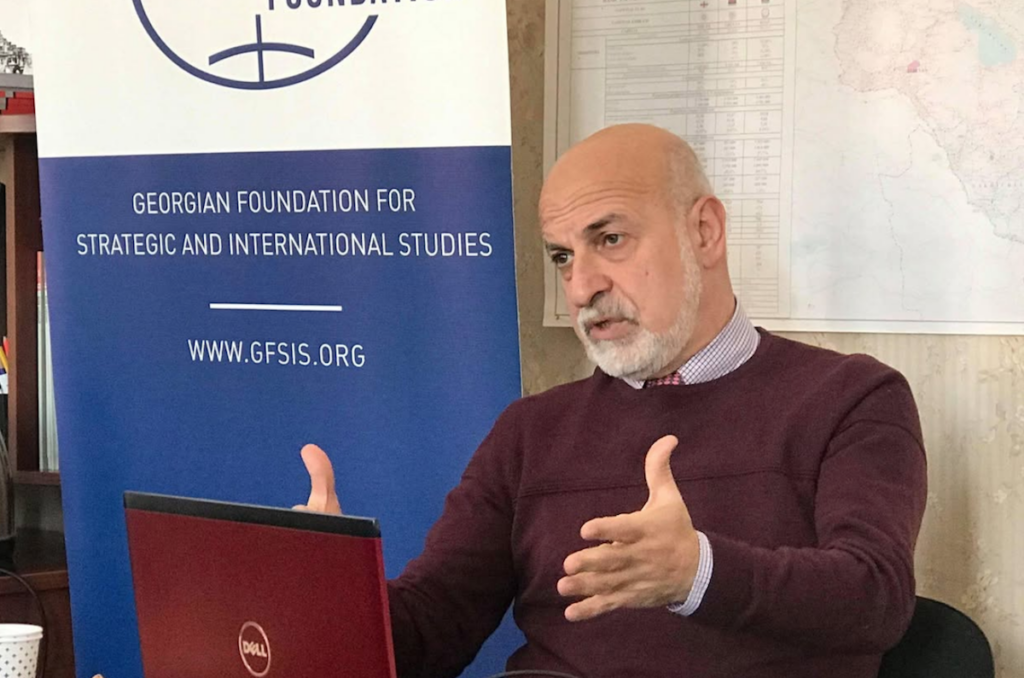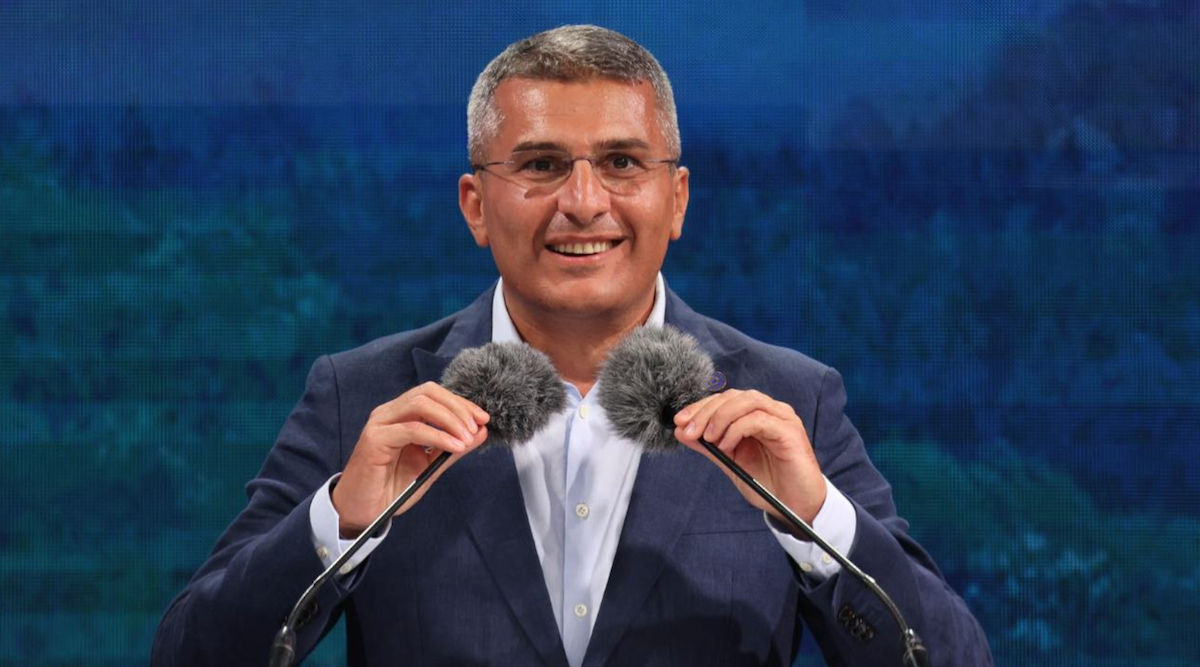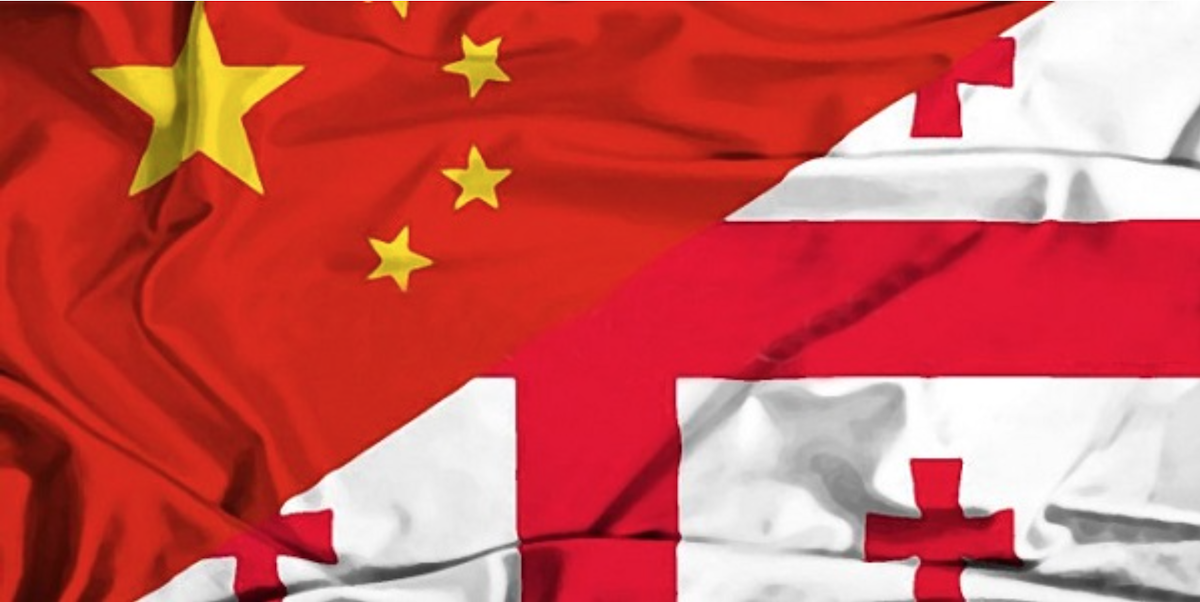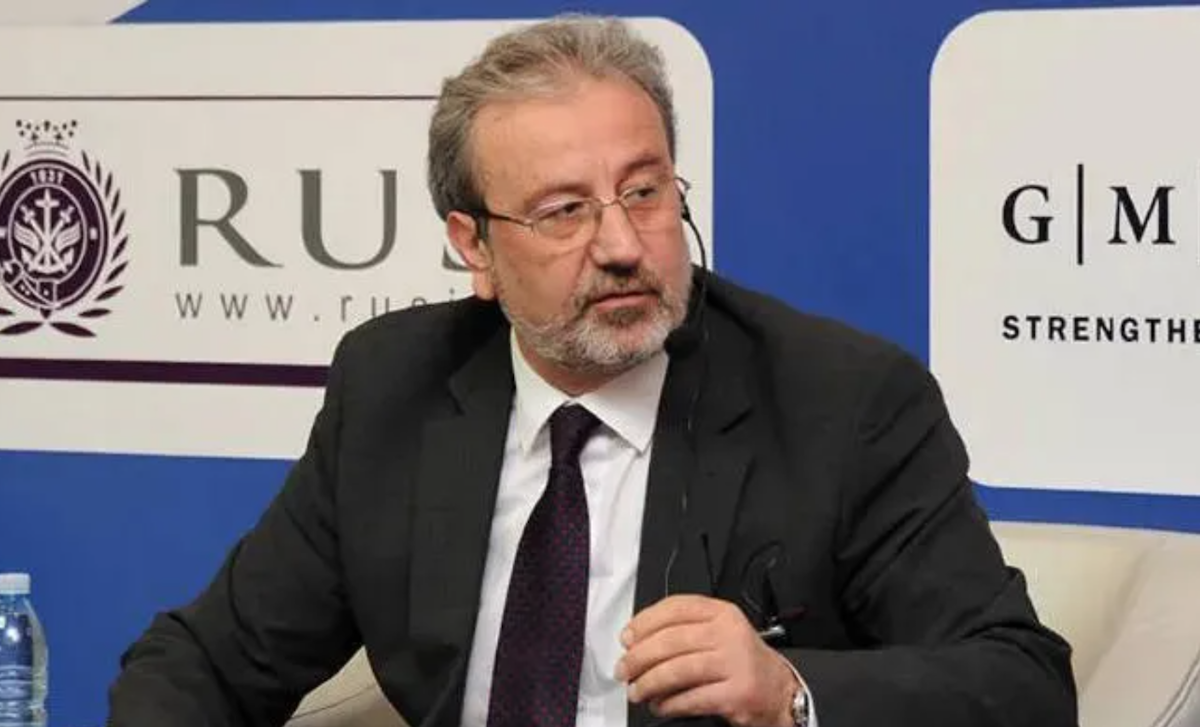Opinion: "Ivanishvili’s refusal to meet ambassador shows he is not ready to meet US demands"
Ivanishvili’s refusal to meet US ambassador
“In his three-page response to a five-line statement from the US Embassy, it’s clear that while Ivanishvili is concerned about the situation, his refusal to meet the ambassador shows he is not ready to meet America’s demands,” said Valeri Chechelashvili, head of the geopolitical research department at the Centre for Strategic Analysis, speaking on PalitraNews.
According to Chechelashvili, Bidzina Ivanishvili’s decision to turn down a meeting with US Ambassador Robin Dunnigan was a mistake.
According to the US Embassy, at the request of Secretary of State Marco Rubio, US Ambassador to Georgia Robin Dunnigan requested a meeting with Bidzina Ivanishvili on 22 May 2025, during which he was expected to receive a message from the Trump administration. The embassy said Ivanishvili declined the invitation.
“Bidzina Ivanishvili refused to meet with Ambassador Dunnigan, during which he was to hear a message from the Trump administration. At the request of Secretary of State Rubio, Ambassador Dunnigan requested a meeting with Ivanishvili on 22 May to deliver the administration’s message and discuss concrete steps the Georgian government could take to demonstrate the seriousness of its intentions to restore relations with the United States.
We hope the Georgian government sincerely wishes to return to the 33-year partnership and friendship with the United States and the American people,” the embassy said.
The next day, Bidzina Ivanishvili responded to the US Embassy’s statement with a letter, saying he believed it would be inappropriate to meet the ambassador under what he described as conditions of “blackmail,” which, in his words, caused him a “sense of conflict.”

Head of the geopolitical research department at the Centre for Strategic Analysis Valeri Chechelashvili:
“Ivanishvili’s response shows that the current situation is clearly troubling him. He replied to a five-line embassy statement with a three-page explanation.
It’s quite rare for someone to admit they are struggling with certain personal complexes, but the most important thing for me is that, in the end, Bidzina Ivanishvili refused the meeting.
This, in turn, means he is not ready to meet the demands that the ambassador would have presented to him during that meeting.
We all know what those demands are: repeal repressive laws, release political prisoners, and hold new elections.
This message was clearly conveyed during a recent meeting with [Foreign Minister] Maka Bochorishvili.
We’ve heard rhetoric from ‘Georgian Dream’ suggesting that official channels exist and that the US ambassador is bypassing them by seeking a meeting with Ivanishvili himself. But this is not accurate, because the ambassador followed the classical diplomatic protocol by first meeting with Foreign Minister Maka Bochorishvili.”
I would like to emphasise one thing — there is no such thing as an exclusively “embassy-driven” foreign policy. There is the foreign policy of the capital — in this case, the policy of Washington, the State Department, and the Trump administration, which the ambassador is tasked with implementing.
If the ambassador failed to follow Washington’s instructions, he would no longer be an ambassador the very next day. Apparently, after the first meeting [with Prime Minister Irakli Kobakhidze], the ambassador still had some hope, but no conclusions were drawn.
Consequently, Washington decided that if it made sense to meet anyone, it would be Ivanishvili.
That’s why the meeting was scheduled — and why it led nowhere. I believe declining it was a mistake. It was a chance for “Georgian Dream” to correct the course — not only for the party, but for the country as a whole.
Ivanishvili likely believes that problems in relations with the US can be solved with money. That is not the case. This crisis cannot be resolved financially. The deterioration in US-Georgian relations is entirely the result of Georgian Dream’s actions. No one else is to blame. The only way to fix it lies in three words: laws, political prisoners, elections. These same demands were raised during the ambassador’s meeting with Maka Bochorishvili — and yet, no progress followed.
If Prime Minister Irakli Kobakhidze truly believes that Marco Rubio is part of a “deep state”, and tries to pit Rubio against Trump based on that assumption, then that attempt is bound to fail. We need to understand that the Secretary of State is the second most senior figure in the executive branch, after the President.
Of course, the Secretary of State bears particular responsibility for foreign affairs. He is the key figure who will determine what policy the White House and the broader US administration will pursue towards Georgia. So accusing him of being someone’s proxy or acting under instruction…
Believe me, a seasoned politician and statesman like Rubio is not susceptible to any such pressure. If he says something, then it fully reflects President Trump’s own position.





















